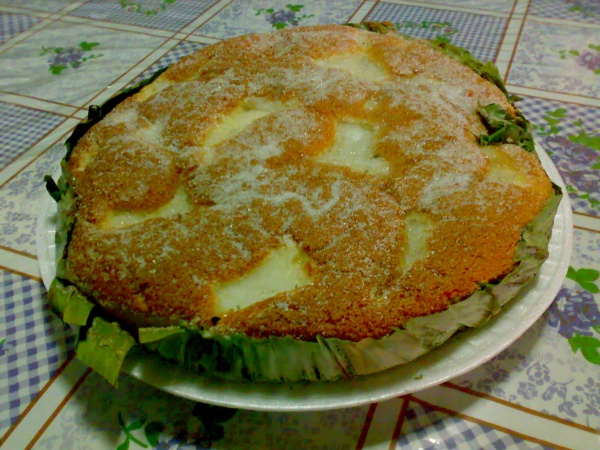Facts About Bibingka
Bibingka is a cherished baked rice cake prevalent in Indonesia, the Philippines, East Timor, and among Christian communities in eastern Indonesia. Traditionally, this delightful treat is cooked in clay pots lined with leaves, and it belongs to the category of kakanin in Philippine cuisine. The preparation begins with soaking glutinous rice in tapayan jars, fermenting it with wild yeast or tuba palm wine, grinding it into a thick paste, and subsequently baking it. Today, the term bibingka also encompasses various native cakes made from different types of flour, such as corn, cassava, or plain flour.
The roots of bibingka are shared between the Philippines and Indonesia, particularly from Eastern Indonesia, which is geographically close to the Philippines. Although some believe there is a connection between the Goan dessert bebinca and Southeast Asian bibingka due to their similar names, the differences in their preparation methods and ingredients indicate otherwise.
In the Philippines, bibingka is a traditional Christmas delicacy often enjoyed alongside puto bumbóng after attending Simbang Gabi, a series of dawn masses. Different regions boast unique versions of bibingka. For instance, the town of Dingras in Ilocos Norte once attempted to bake a kilometer-long cassava bibingka in hopes of making it into the Guinness World Records. The process of making bibingka involves using galapóng (rice dough), coconut milk or water, and toppings such as butter, sugar, cheese, or grated coconut.
Bibingka has a soft, spongy texture and a mildly sweet flavor, often characterized by its charred top and bottom surfaces that add a distinct touch. Some popular variants include bibingkang malagkít, bibingkang Mandaue, bibingkoy, buko bibingka, and cassava cake. In Indonesia, bibingka is particularly popular in Christian-majority regions and is prepared in a manner similar to the Philippine version, albeit with variations in ingredients and toppings. Indonesian variants include bibingka kelapa (coconut), bibingka abon (meat floss), bibingka ubi telo (sweet potato), and bibingka nanas (pineapple).
